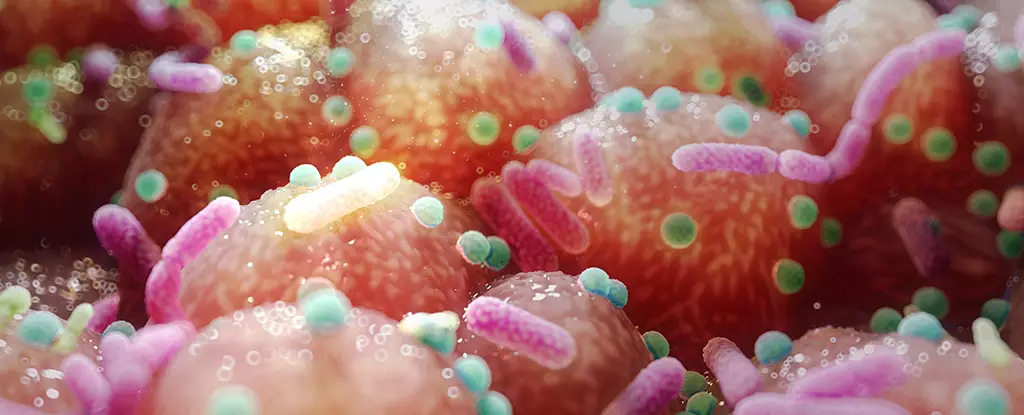The connection between our gut health and brain function has long been a topic of interest for researchers, particularly in the context of neurodegenerative diseases like Parkinson’s. A recent study has shed light on the role of gut microbes in Parkinson’s disease, identifying specific bacteria that are linked to decreased levels of riboflavin (vitamin B2) and biotin (vitamin B7). This discovery opens up the possibility of a simple and unexpected treatment using B vitamins to alleviate symptoms associated with the disease.
Parkinson’s disease is a neurodegenerative disorder that affects millions of people worldwide. The progression of the disease is gradual, starting with symptoms like constipation and sleep disturbances, and eventually leading to more severe issues such as dementia and loss of muscle control. Previous research has shown that changes in the gut microbiome can occur long before the onset of other Parkinson’s symptoms, indicating a potential link between gut health and disease progression.
In a study conducted by Hiroshi Nishiwaki and his team at Nagoya University, fecal samples from Parkinson’s patients were analyzed alongside samples from healthy individuals in various countries. The results revealed that alterations in gut bacteria communities were associated with lower levels of riboflavin and biotin in patients with Parkinson’s disease. These vitamins play a crucial role in the synthesis of molecules that help maintain a healthy mucus layer in the intestines, which serves as a protective barrier against toxins.
Researchers have suggested that supplementing with riboflavin and biotin may benefit a subset of Parkinson’s patients who experience gut dysbiosis. Higher doses of riboflavin have been shown to improve motor function in patients, especially when combined with dietary changes like eliminating red meat. By addressing the deficiency in B vitamins, it may be possible to mitigate some of the damage caused by Parkinson’s progression.
The findings of this study suggest that maintaining a healthy gut microbiome and ensuring adequate levels of B vitamins could play a protective role in Parkinson’s disease. By reducing exposure to environmental toxins and promoting gut health, it may be possible to slow down the neurodegenerative process. However, the complex nature of Parkinson’s disease means that individualized assessments and treatments are necessary for each patient. Methods such as gut microbiota analysis and fecal metabolite analysis could provide valuable insights into the specific causes of the disease in each individual.
The connection between gut microbes, B vitamins, and Parkinson’s disease highlights the importance of considering the role of our gut health in neurological disorders. With further research and targeted interventions, it may be possible to improve outcomes for patients with Parkinson’s and other neurodegenerative diseases.


Leave a Reply